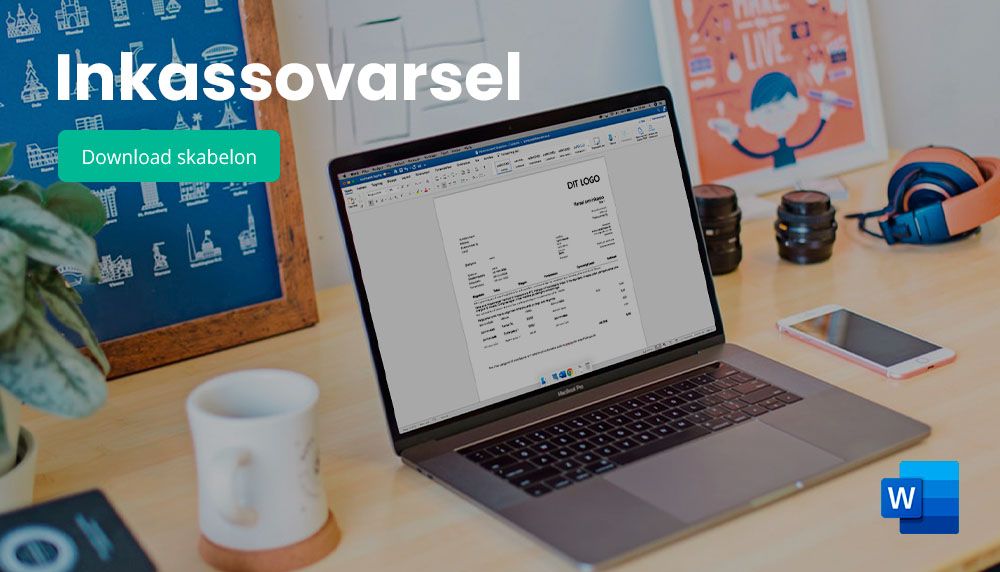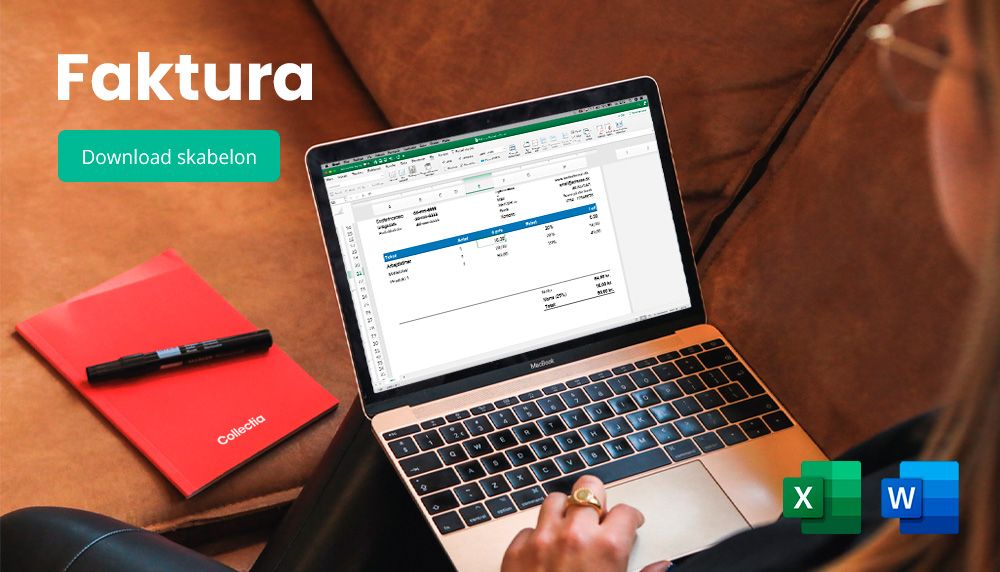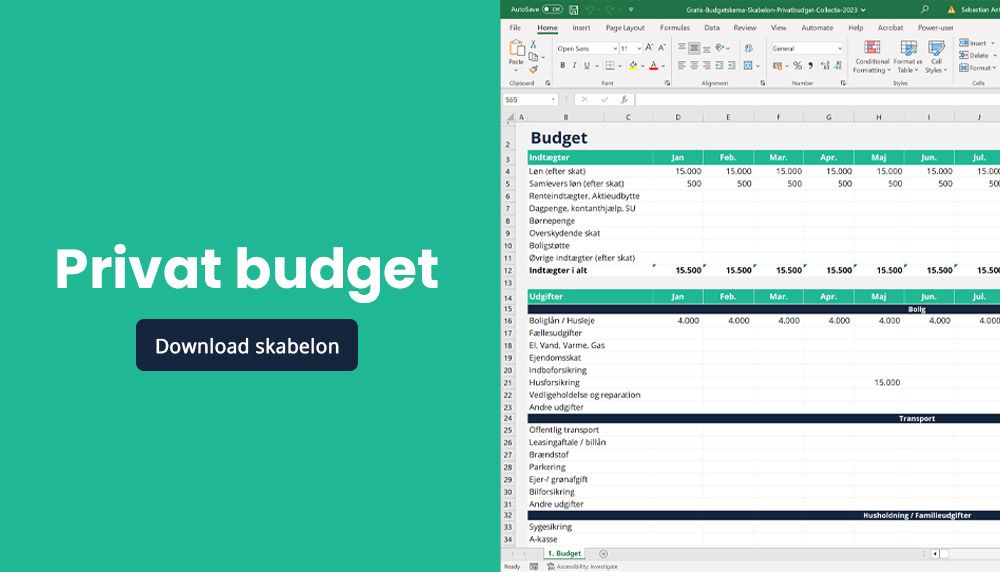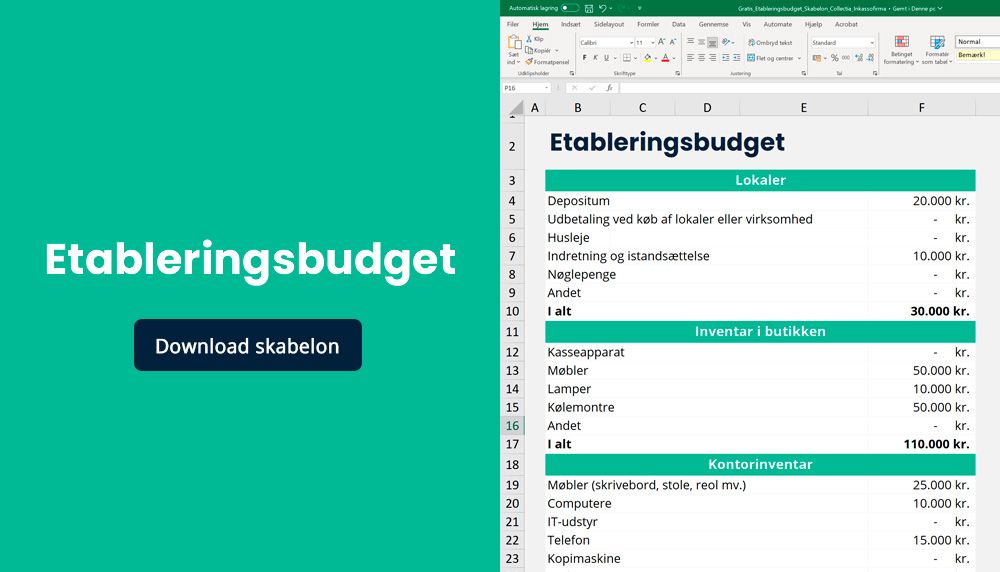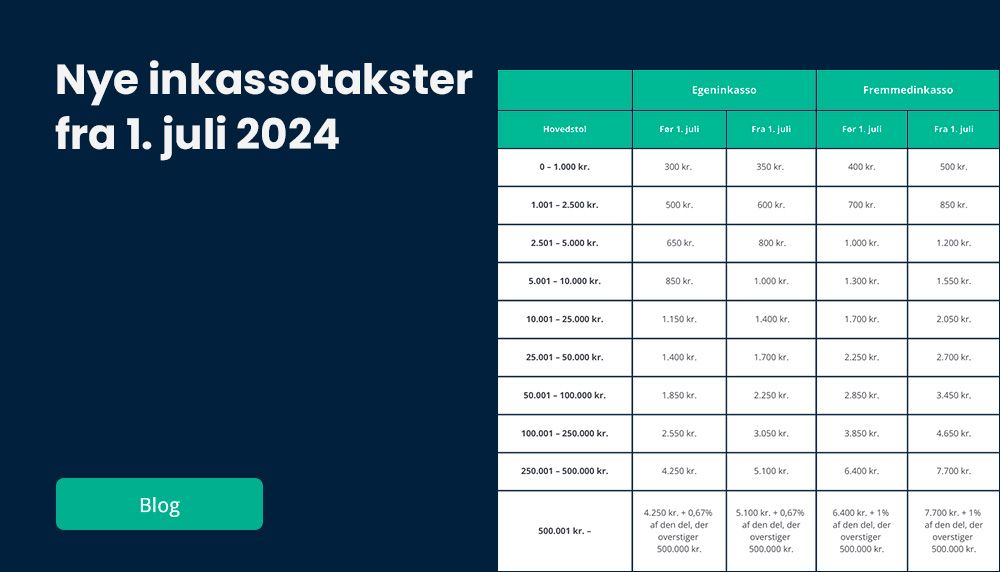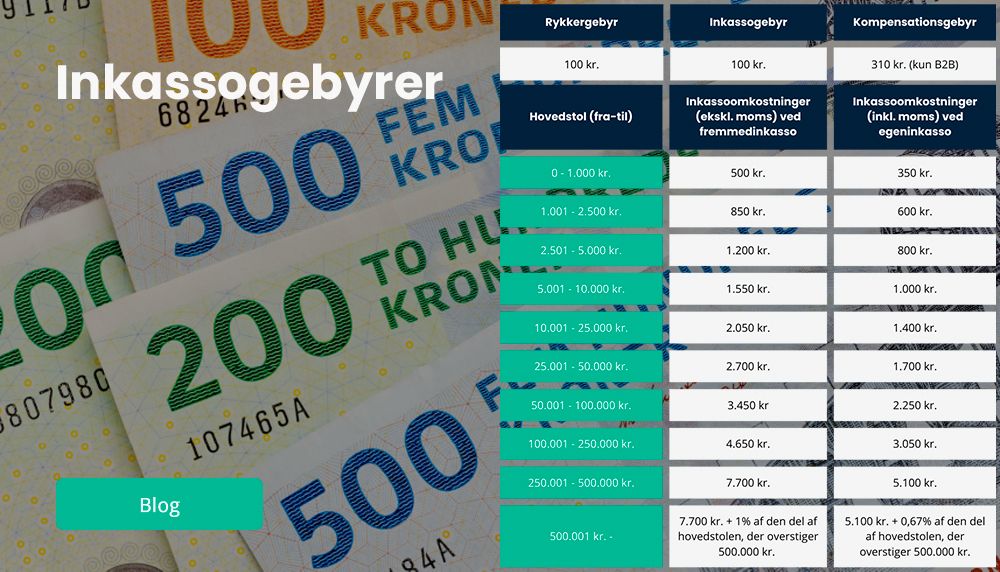
Date of payment
The payment date is the date on which a customer or debtor pays their invoice.
Many people mistakenly believe that the term payment date and payment term have the same legal meaning, but this is not correct. The payment due date is the date the customer must pay the invoice, while the payment date is the day the customer actually makes the payment.
In principle, the payment date and the payment deadline can be the same day, but legally they are two different concepts.
Payment date can be different
It is important to be aware that the payment date may be different from the day you as a merchant receive the money for the invoice. If the debtor and creditor do not have the same bank, the payment will often be made on the next banking day, and you will therefore find that the payment can only be registered 1-2 business days after the customer has paid the amount.
For the same reason, as a debt collection company, we recommend that you wait at least a few business days after the due date before you start reacting with calls, reminders or collection notices.
Payment date and timely payment
In Danish law, payment is considered timely when the seller (creditor) has received the money on the agreed date. In the case of bank transfers, payment is considered timely when the amount has been debited from the buyer's (debtor's) account.
In other words, payment is considered timely if it is made on the payment due date when a buyer purchases a good or service.

